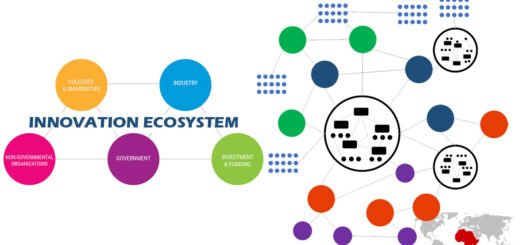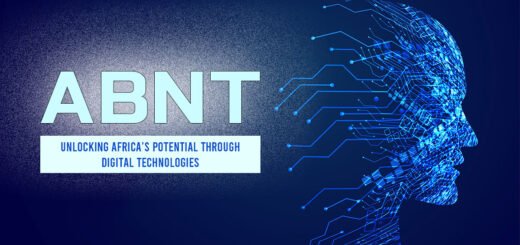Leapfrogging the Future: How AI can Transform Africa
Artificial Intelligence (AI) has emerged as a transformative technology that has the potential to revolutionize various industries and sectors across the globe. While the developed nations have been quick to adopt and harness the power of AI, there is a tremendous opportunity for Africa to leapfrog into the future and use AI as a tool to solve real-world problems and improve the lives of its people.
One of the key advantages of AI is its ability to process and analyze vast amounts of data in real-time. This can be particularly beneficial for African countries, where data collection and analysis have traditionally been challenging due to limited resources and infrastructure. With AI, African nations can leverage existing data sources, such as mobile phone usage, social media, and satellite imagery, to gain valuable insights and make informed decisions.
One area where AI can have a significant impact in Africa is healthcare. The continent faces numerous healthcare challenges, including limited access to quality healthcare services, shortage of medical professionals, and high disease burden. AI can help bridge these gaps by enabling remote diagnosis and treatment, predicting disease outbreaks, and optimizing healthcare resource allocation.
For instance, AI-powered chatbots can provide basic medical advice and information to individuals who may not have access to healthcare facilities. These chatbots can be programmed to ask relevant questions, provide accurate information, and even recommend appropriate actions based on the user’s symptoms. This can help reduce the burden on healthcare systems and ensure that individuals receive timely and accurate healthcare advice.
AI can also play a crucial role in agriculture, which is a vital sector for many African economies. By analyzing data from weather patterns, soil conditions, and crop performance, AI algorithms can provide farmers with valuable insights and recommendations to optimize their agricultural practices. This can lead to increased crop yields, improved food security, and reduced reliance on traditional farming methods.
Furthermore, AI can contribute to the development of smart cities in Africa. With rapid urbanization and population growth, African cities are facing significant challenges in terms of infrastructure, transportation, and resource management. AI can help address these challenges by enabling efficient traffic management, optimizing energy consumption, and enhancing public safety.
For example, AI-powered traffic management systems can analyze real-time data from cameras and sensors to identify traffic congestion hotspots and suggest alternative routes. This can help reduce travel time, fuel consumption, and greenhouse gas emissions. Similarly, AI algorithms can optimize energy usage in buildings by analyzing occupancy patterns and adjusting temperature and lighting accordingly.
However, for Africa to fully harness the potential of AI, there are certain challenges that need to be addressed. These include the need for adequate infrastructure, availability of skilled AI professionals, and ethical considerations surrounding data privacy and security.
Investments in infrastructure, such as high-speed internet connectivity and data centers, are crucial to ensure that AI technologies can be effectively deployed and utilized. Additionally, efforts should be made to train and educate a new generation of AI professionals who can develop and implement AI solutions tailored to the African context.
Furthermore, it is essential to establish robust data protection and privacy frameworks to safeguard the rights and interests of individuals. This includes ensuring that data collected for AI purposes is used responsibly and in compliance with relevant regulations and laws.
In conclusion, AI has the potential to transform Africa by addressing real-world challenges and improving the lives of its people. By leveraging AI technologies, African nations can leapfrog into the future and overcome traditional barriers to development. However, it is important to address infrastructure, skills, and ethical considerations to ensure that AI is deployed in a responsible and inclusive manner.




[…] post: Leapfrogging the Future: How AI can Transform Africa | AI Capacity Building in Africa | Unlocking Africa’s Potential…
[…] ABNT. (2024). The Impact of Artificial Intelligence on African Economies. Retrieved from https://abnt.com/?p=37 […]
[…] Related posts: Bridging the digital divide for inclusive & sustainable developmentReflection on the Digital Transformation Strategy for Africa (2020-2030)…
[…] posts: Bridging the digital divide for inclusive & sustainable developmentReflection on the Digital Transformation Strategy for Africa […]
[…] Related posts: Reflection on the Digital Transformation Strategy for Africa (2020-2030) […]